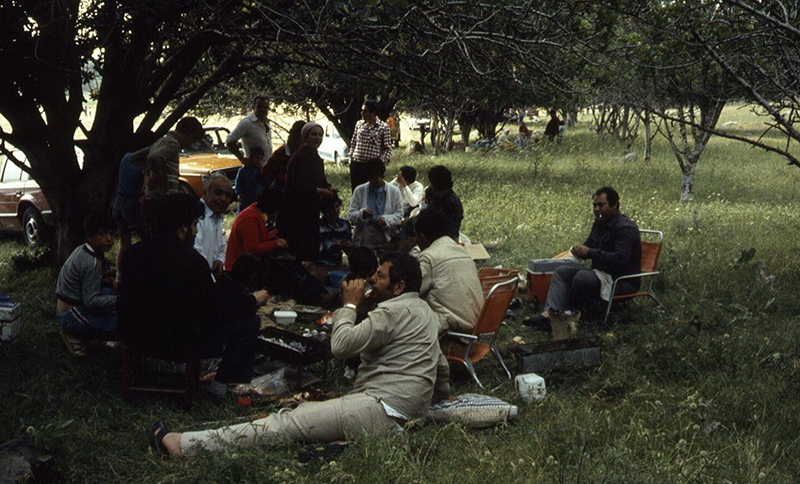Azoulay / Hawal / Khleifi
A programme compiled by Ariella Azoulay, as a "prelude" to her visit on the 18th.
2 films, chosen by Ariella Azoulay, that deal with the impact of the events of 1948 on Palestinians and Jews. Documenting something that goes beyond the suffering of the victims and the glory of the victors, transcending more conventional expectations to either expose details of the catastrophe or veil it from view, these films enable spectators to witness a variety of forms of Jewish-Palestinian co-existence to which the event of 1948 put an end. Don't miss the other program and the talk with Azoulay on the 18th of December. The screenings are part of a larger series called 1948 – Once Upon a Palestine which Azoulay curated for the Middle East Studies program at Brown University.
In collaboration with KU Leuven / Leuven University Press, Galeries & Aleppo.

